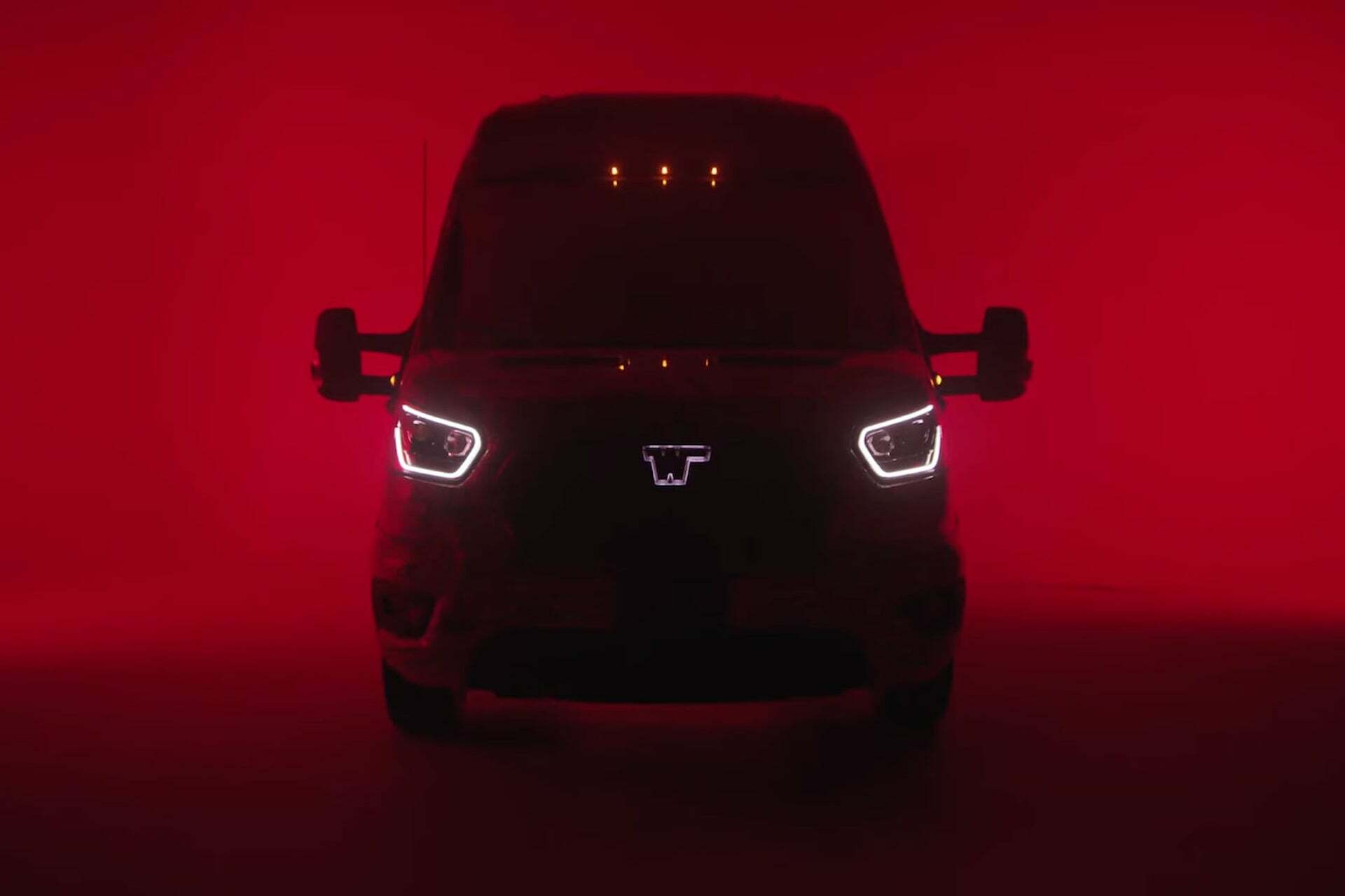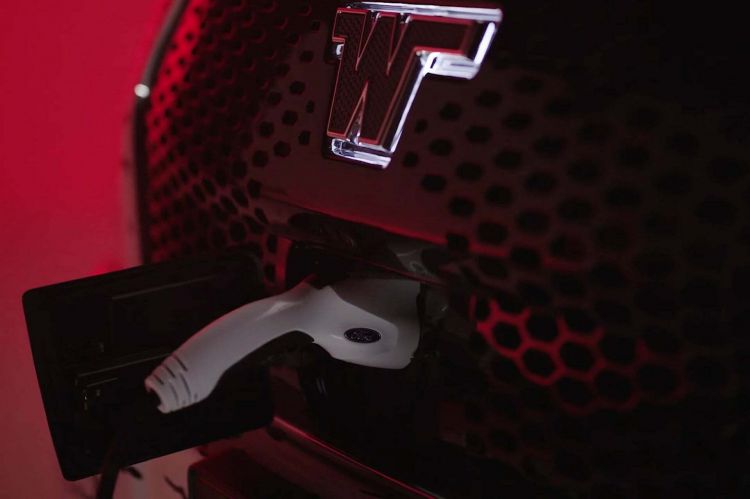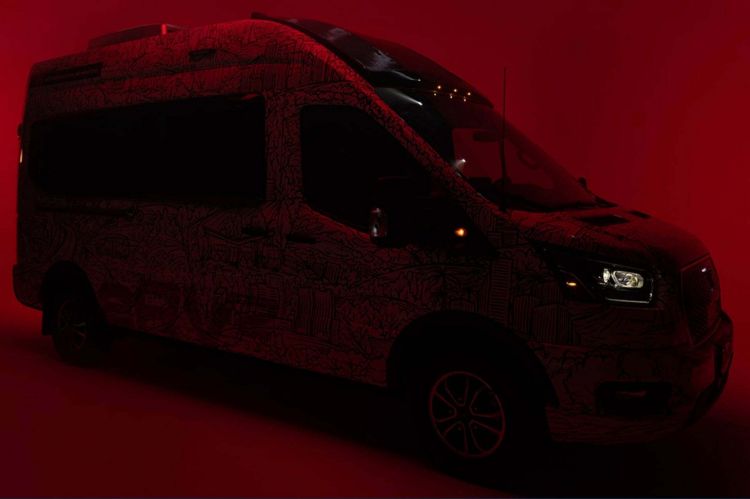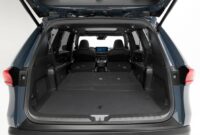That the form of urban distribution becomes electric makes, in my opinion, all the sense in the world. After all, it is in this area where more emissions are produced by the continuous accelerations and decelerations, and replacing the fleet with 100% electric vans with 200 kilometers of autonomy that at no time are going to leave the city is very logical. . But, What happens when you take one of those vans and convert it to a camper? The same thing has been done by the Winnebago people with the Ford E-Transit, and we may be, at the moment, facing one of the biggest nonsense.
At the moment, the American preparer has only shown a video and several images as a teaser of this project, although revealing enough to intuit many aspects of the van of the oval firm. But regardless of how good or bad this E-Transit is as a camper van, Does it make sense that it’s electric?
Winnebago turns an electric Ford Transit into a campervan
Everything indicates that Winnebago has used the Cargo Van variant of the E-Transit to create this camper variant, something that makes sense as it is the most spacious version of the American van. A) Yes, all kinds of amenities are expected insideallowing its users to enjoy a kitchen, bathroom, several beds and leisure space.
Now, this amalgamation of solutions to turn the E-Transit into a wheel house comes at a high price for any electric car: a considerable increase in weight. And it is that starting from the fact that the Cargo Van in its longest and highest configuration declares 2,743 kilos on the scale, we can expect that the transformation bring the total weight closer to three tons if it does not exceed them.
This will undoubtedly harm an autonomy that is more than enough for the city but that may seem somewhat scarce outside of it. And it is that the E-Transit declares 240 kilometers of autonomya figure that is combined with a maximum power of 269 hp and 430 Nm of torque, figures that will have to ballast a greater weight that will substantially reduce performance.
Be that as it may, we assume that Winnebago will have taken this detail into account when creating an electric campervan, and will have made changes in the mechanical section. And it is that beyond improving the performance of the electric motor, it would make more sense for the American preparer to have made changes to the battery, improving capacity and, therefore, autonomy.
Regardless of it, Does a 100% electric camper make sense? The truth is that until the autonomies are more advanced and the charging points are more distributed, it better fulfills the function of making a diesel and even gasoline van out of a house on wheels. And it is that we are talking about an ideal vehicle to make long journeys by road or to the mountains, an environment in which chargers are not, for now, very present.
logically Give the people of Winnebago the benefit of the doubt.who may have managed to create a variant efficient enough to consider the E-Transit a good camper or, on the contrary, we are simply facing a first step in what camper vans will be in the not too distant future, doubt from which we will leave on January 18.






